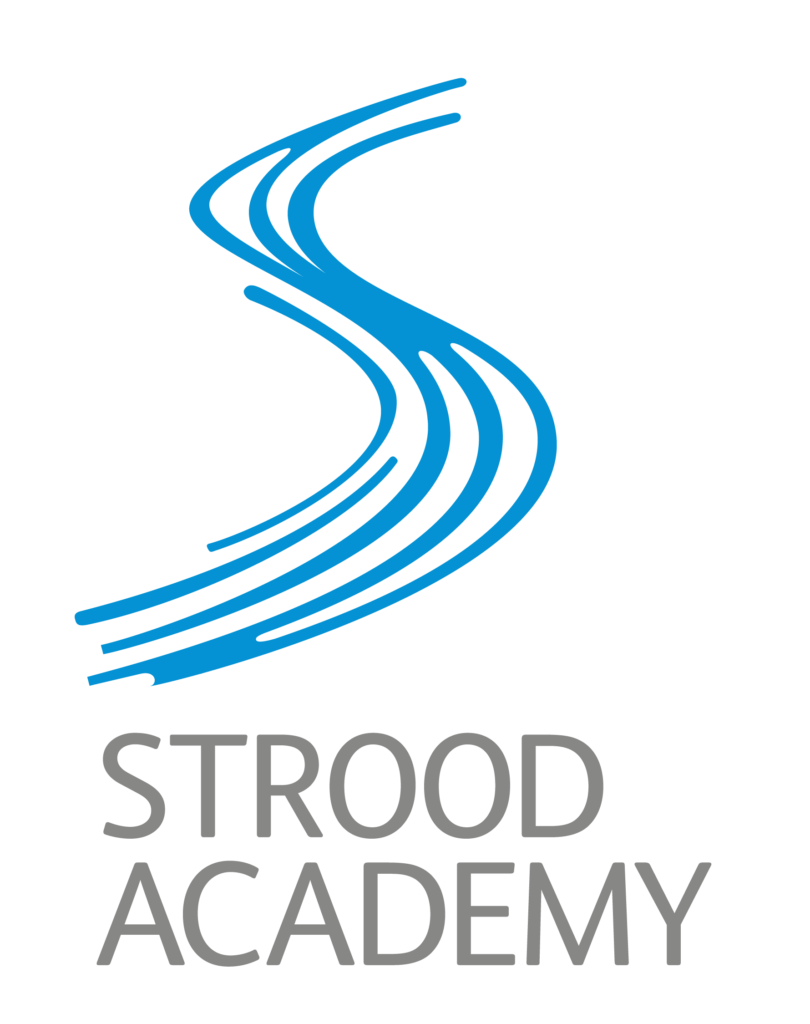Component 1
- A1 Size and features of SMEs
- A2 Markets, sectors, models and industries in which enterprises operate
Component 1
- A3 Aims and activities of enterprises
- A4 Skills and characteristics of entrepreneurs
Component 1
- B1 Market research methods
- B2 Understanding customer needs
- B3 Understanding competitor behaviour
Component 1
- B4 Suitability of market research methods
- C1 PEST (Political, Economic, Social, Technological) analysis
- C2 SWOT (Strengths, Weaknesses, Opportunities, Threats) analysis
Component 1
- Coursework Submission
Component 2
- A1 Choosing ideas for a micro-enterprise
- A2 Plan for a micro-enterprise


